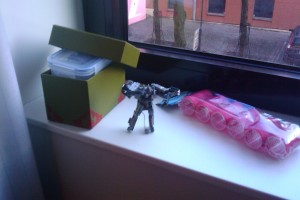I’m happy to announce that I did my first ever full-day training course for eleven embedded developers Monday November 15th 2010. I had the pleasure to write all the materials myself, come up with three exercises for them and then actually stand in front of the team and deliver a complete session 9 – 17.
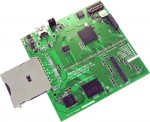 I did my day as part of a three-day course, and I got to do the easy part: user-space development. My day covered the topics of: Embedded Linux development introduction, how to build, autobuilding, how to run, git basics, debugging, profiling and finally some brief words on testing.
I did my day as part of a three-day course, and I got to do the easy part: user-space development. My day covered the topics of: Embedded Linux development introduction, how to build, autobuilding, how to run, git basics, debugging, profiling and finally some brief words on testing.
Doing stuff outside of your ordinary schedule and “comfort zone” is certainly a bit scary and encouraging and that’s the sort of thing that makes you grow as a person and as a professional. I mean, I know the topics by heart and certainly pretty much without even thinking (I’ve been working with embedded systems for over 17 years!), but from that into making a decent training course is not just a coffee break worth of work.
I was quite happy and satisfied that I pretty much kept to the program, I managed to go through all the topics I had set myself out to, I think we had a really nice conversation going during the day and the audience gave me really good feedback and high “grades” in the evaluation forms they filled in before they left. Of course there were flaws in the presentation and I got some valuable ideas from my audience on how to improve it.
Now I feel like doing it again!

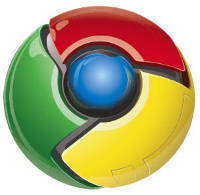 A few weeks ago I decided to give Chrome a good ride on my main machine, a Debian Linux unstable. I use it a lot, every day, and I of course use my browser during a large portion of my time in front of it. I’m a long time Firefox fan and when I’ve heard and read other people converting I’ve always thought it’d be hard for me due to my heavy use of certain plugins, old habits and so on.
A few weeks ago I decided to give Chrome a good ride on my main machine, a Debian Linux unstable. I use it a lot, every day, and I of course use my browser during a large portion of my time in front of it. I’m a long time Firefox fan and when I’ve heard and read other people converting I’ve always thought it’d be hard for me due to my heavy use of certain plugins, old habits and so on. ts own URL and its own password. But Firefox just cannot remember them separately!!! These are pages I visit several times each day to ack or reject posts etc. Chrome remembers the passwords excellently for all the individual lists. This makes me a much happier person.
ts own URL and its own password. But Firefox just cannot remember them separately!!! These are pages I visit several times each day to ack or reject posts etc. Chrome remembers the passwords excellently for all the individual lists. This makes me a much happier person.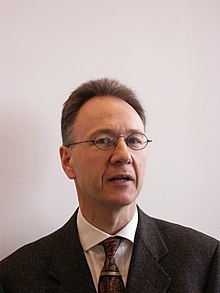
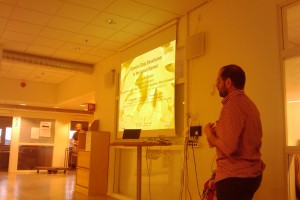
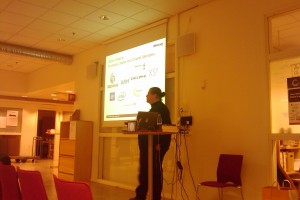
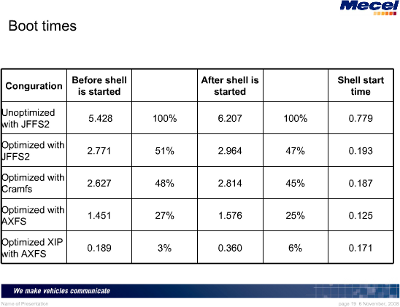
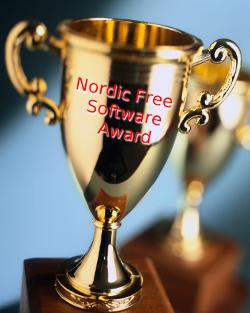
 To me, the NFSA is a recognition from my own kind. A really big thumbs-up from within my own team. From fellow hackers who know.
To me, the NFSA is a recognition from my own kind. A really big thumbs-up from within my own team. From fellow hackers who know.